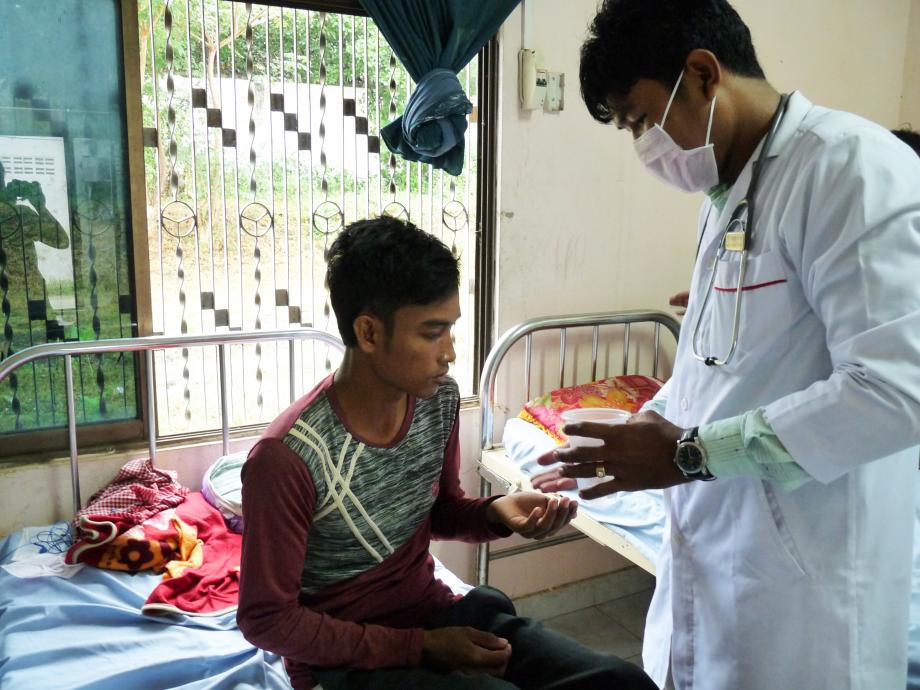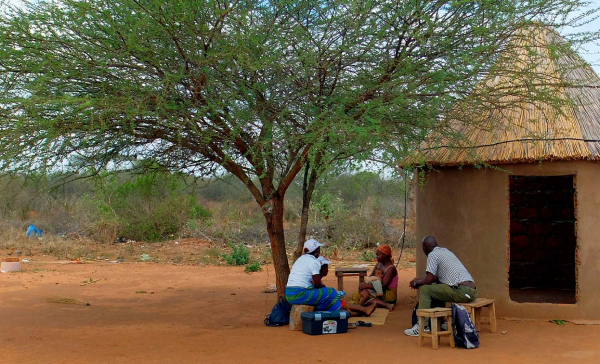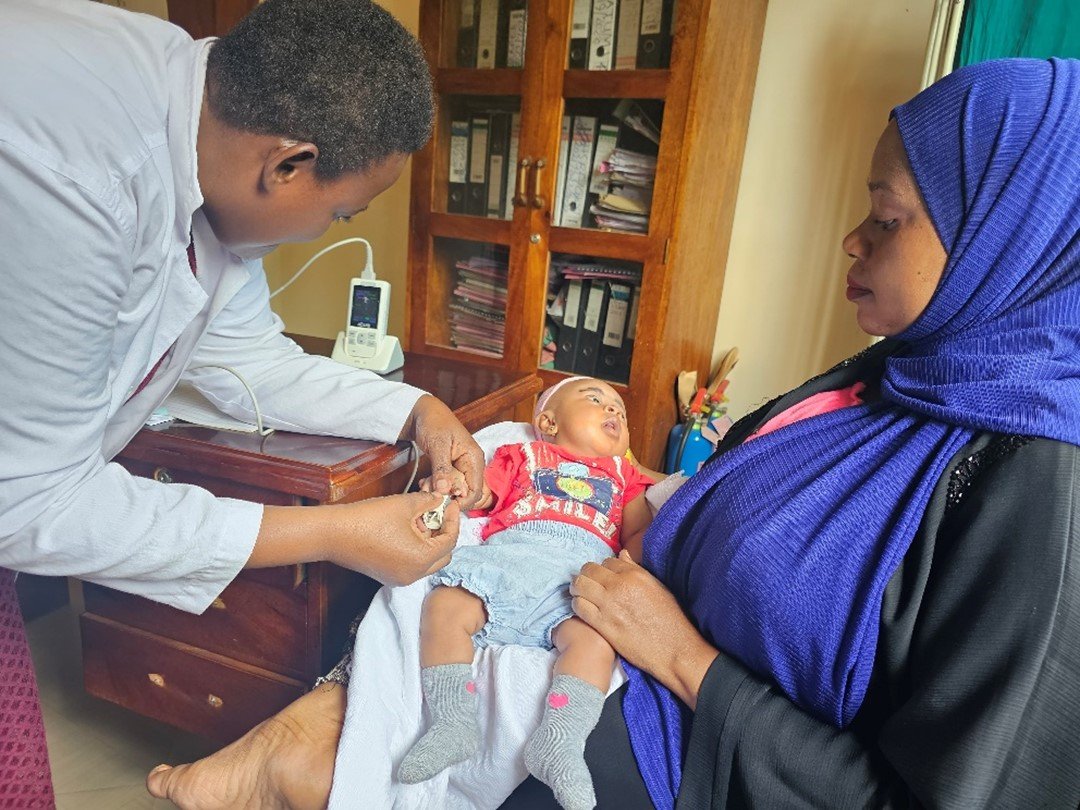The problem
Pregnant women are more susceptible to malaria infection, which can cause serious risks including death, miscarriage and stillbirth. The World Health Organization (WHO) recommends intermittent preventive treatment in pregnancy (IPTp) for women living in malaria-endemic zones. This involves three preventive doses of an antimalarial medicine over the course of their pregnancy. However, in 2017, many years after the recommendation, only 22% of pregnant women received three or more doses. A lack of awareness, limited access to health services, and inconsistent availability of the key antimalarial drug were among the barriers that held back broader uptake.
Download the project evaluation
Our response
The TIPTOP (Transforming Intermittent Preventive Treatment for Optimal Pregnancy) project, led by Jhpiego, increased community education, trained healthcare workers, and involved community health workers to develop effective community-led delivery of IPTp, reducing reliance on distant health services and increasing access. Importantly, the project demonstrated that community delivery could increase IPTp coverage and, with community health workers referring women to antenatal services, could even increase access to vital pre-natal care.
Additionally, the TIPTOP project addressed supply chain issues and stockouts, working with the Medicines for Malaria Venture through a complementary Unitaid project, to increase quality-assured supplies of the key drug. These approaches generated evidence to inform changes in WHO policy recommendations across sub-Saharan Africa, laying the groundwork for broader scale up.




